Introduction: Medical Auditing
- When it is about healthcare, the following elements are non-negotiable:
- Accuracy
- Accountability
- Compliance
- Medical auditing plays a pivotal role in achieving these goals.
- Providing healthcare organizations with the tools necessary to:
- Evaluate healthcare records
- Coding, billing processes, and more.
- This blog explores how in healthcare organizations medical auditing contributes to:
- Better patient care
- Fraud prevention
- Operational efficiency
- It’s not just about checking boxes.
- Medical auditing ensures a healthcare system which is more:
- Transparent
- Ethical, and
- High-performing
What Is Medical Auditing?
- Medical auditing refers to the systematic review and evaluation of healthcare records, including:
- Coding, billing
- Regulatory compliance
- The goal is to ensure that healthcare practices:
- Following the necessary standards, such as compliances on grounds of:
- Ethical
- Legal
- Operational
- Maintaining accuracy in documentation and patient care
Key Areas of Focus in Medical Auditing
Compliance Checks
- Ensuring adherence to healthcare:
- Regulations
- Standards
Accuracy in Medical Coding and Billing
- Verifying the correctness of:
- Coding for medical procedures
- Diagnoses to prevent errors
Fraud Prevention
- Identifying and mitigating:
- Fraudulent claims
- Unethical billing practices.
The Transformative Benefits of Medical Auditing
- Medical auditing does more than just detect errors.
- Its impact spans multiple dimensions of healthcare, enhancing both financial integrity and patient care:
Promoting Regulatory Compliance and Reducing Legal Risks
- Regular audits ensure that;
“Healthcare providers remain compliant with national and international regulations.”
- While promoting a culture of integrity; this reduces the risk of:
- Fines
- Penalties
- Lawsuits
Enhancing Patient Safety and Care Quality
- By auditing medical records;
“Healthcare providers identify potential risks in patient care.”
- Ensuring proper documentation helps to:
- Reduce errors
- Safeguard treatment protocols
- Improve patient outcomes
Financial Integrity and Fraud Prevention
- Audits help in:
- Detecting and preventing fraudulent billing and coding errors
- Safeguarding both financial resources and reputations of healthcare organizations.
- Ensuring that reimbursements are correctly processed.
Streamlining Healthcare Operations and Efficiency
- To take corrective actions; audits provide insights into operational inefficiencies.
- This leads to:
- Optimized workflows
- Better resource management
- Overall improvements in operational effectiveness
How Medical Auditing Services Revolutionize Healthcare
- Specialized medical auditing services assist healthcare organizations in maintaining high standards of compliance, ethics, and operational efficiency.
- Below are the key services offered by professional medical auditors:
Medical Coding Audits
- Verifying the accuracy of medical codes:
- Ensures proper billing
- Avoids overcharging
- Ensuring that healthcare providers are reimbursed appropriately for the care they deliver.
Compliance Audits
- Healthcare regulations evolve rapidly, and compliance audits ensure that;
“Healthcare providers remain aligned with the latest standards.”
- These audits help organizations:
- Avoid penalties.
- Improve the quality of care delivered to patients.
Operational Audits
- Evaluating the day-to-day operations of healthcare facilities identifies:
- Inefficiencies
- Areas for improvement
- Optimizing healthcare workflows ultimately benefits both:
- Staff productivity
- Patient care
The Role of Technology in Modern Medical Auditing

- Technology plays a significant role in transforming medical auditing practices.
- With the rise of medical auditing software, artificial intelligence (AI), and automated tools, audits are now more efficient and accurate than ever before.
Key Technological Innovations:
Automated Tools
- As compared to manual audits AI-powered tools more quickly identify:
- Coding errors
- Billing discrepancies
- Potential fraud
Cloud-Based Software
- Healthcare organizations can use cloud-based platforms to:
- Perform audits across multiple locations
- Ensure real-time updates and collaborative efforts
The Ethical Dimensions of Medical Auditing
- Medical auditing goes beyond compliance;
“It’s a matter of ethical responsibility.”
- Ethical medical auditing ensures:
- Fairness
- Accountability
- Protection of patient rights
Upholding Patient Rights and Confidentiality
- By maintaining accurate records and ensuring that audits are conducted with transparency, medical auditors help guarantee that:
- Patients receive appropriate care.
- Their privacy is respected.
Ensuring Transparency and Accountability
- Transparent auditing builds trust between:
- Healthcare providers
- Patients
- Regulatory bodies
- It helps maintain accountability and encourages best practices across the healthcare system.
Creating Fairness and Equity
- Medical audits ensure that healthcare practices:
- Do not engage in discriminatory behaviors.
- Promoting equal treatment for all patients.
Best Practices for Implementing Medical Auditing
Ongoing Training and Certification
- To maintain auditing accuracy, regular training ensures that auditing teams stay current with the latest:
- Regulations
- Coding systems
- Technology tools
Adopting Advanced Auditing Tools
- Implementing automated auditing tools and AI solutions helps in:
- Streamlining audits
- Improving efficiency
- Reducing human error
Conducting Regular, Proactive Audits
- Rather than waiting for compliance issues to arise, conducting proactive audits can help in:
- Preventing potential risks before they arise.
- Promoting continuous improvement in healthcare practices.
Creating Feedback Loops for Continuous Improvement
- For the refinement of internal processes, use findings from medical audits.
- This will ensure ongoing enhancement in the:
- Care delivery
- Operational efficiency
- Compliance
FAQs-Medical Auditing
- What benefits does medical auditing include?
The benefits of medical auditing are:
- Ensuring compliance
- Improving patient care
- Reducing fraud
- Enhancing operational efficiency
- How does technology improve medical auditing?
AI and automated tools help detect errors and fraudulent activities, while cloud-based software streamlines audits across multiple locations, ensuring efficiency.
- Are medical audits only for large healthcare systems?
No, even small healthcare providers benefit from medical audits by ensuring compliance, improving financial integrity, and maintaining patient trust.
Conclusion
- Within healthcare systems; medical auditing is essential for maintaining:
- Transparency
- Compliance
- Safety
- By embracing rigorous auditing practices, healthcare providers:
- Foster an environment of trust
- Reduce financial risks
- Improve patient outcomes
Explore more insights on medical auditing and other transformative practices in healthcare by visiting the Health section of this website.
Let’s take healthcare to new dimensions together!







